Four Years Of Brinkmanship At Northern Ireland's Brexit Border
As the UK braces for the end of the Brexit transition period, the Northern Irish town of Warrenpoint reflects on four years at the heart of Britain's turbulent departure from the EU.
A port hub humming with ferries and freight, Warrenpoint sits on the Irish border and was the site of the deadliest attack on British troops during "The Troubles".
Since the 2016 vote to leave the EU, all those elements became shuffling pieces in the intractable puzzle of Britain's bid to split with the bloc.
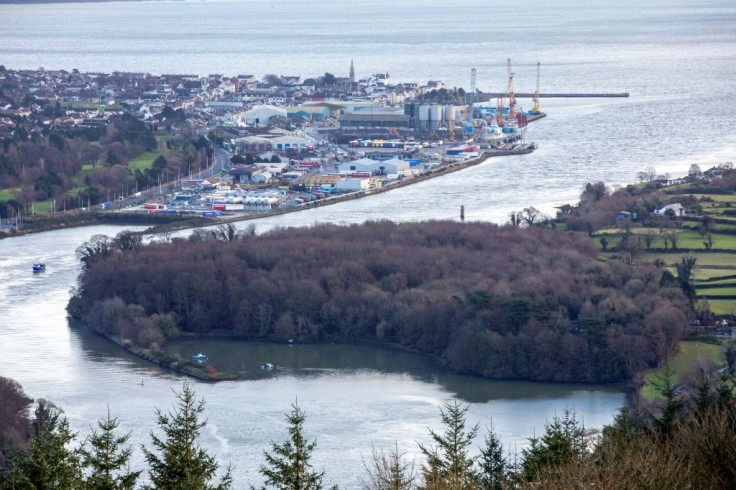
"Unfortunately we are very much in Warrenpoint right at the centre of a whole plethora of issues, historic and recent, around Brexit," said Mark Kelly, the head of the town's chamber of commerce.
As co-owner of a hardware wholesaler stocking around 70 percent of goods from the EU, he has spent more time than most musing on the future after January 1.
On that date, the Brexit transition period freezing EU-UK relations will end and the full effect of the split will be felt.
"We just have to make the very best of it," Kelly told AFP.
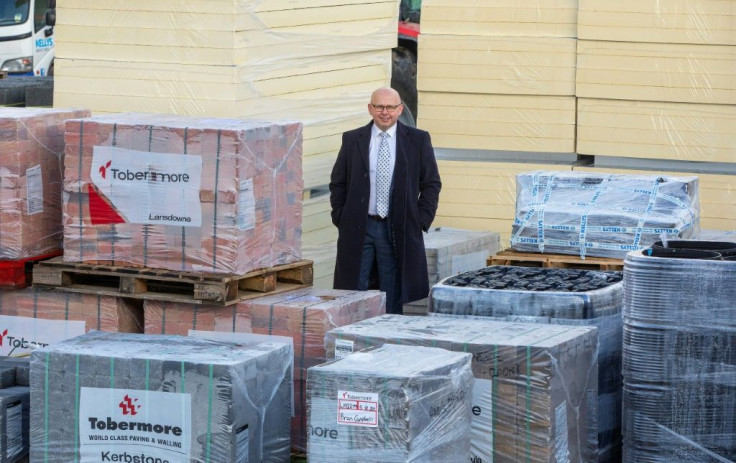
Britain voted to leave the EU in June 2016 but talks between London and Brussels immediately stalled over the thorny issue of the Irish border, which bisects the estuary of Warrenpoint.
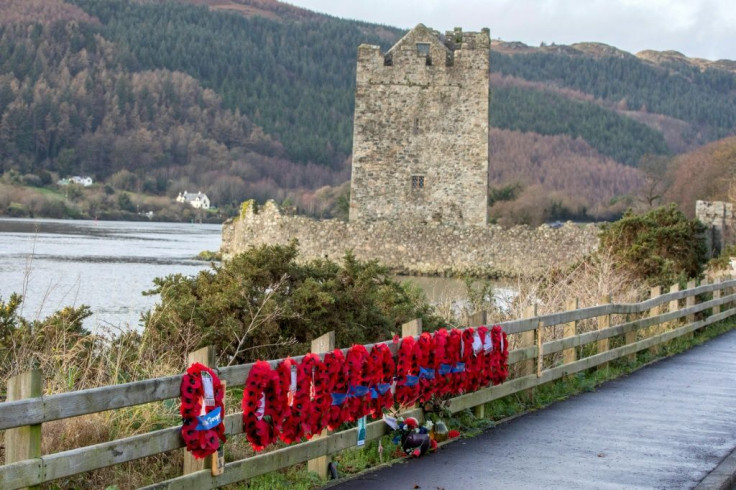
The 500-kilometre (310-mile) boundary between Northern Ireland and EU member state Ireland was largely dissolved as a sectarian conflict known as "The Troubles" wound down.
But up until 1998, some 3,500 were killed by bombs and bullets as unionists, republicans and security forces battled over the destiny of the British province.
The border was a flashpoint in killings, and there were fears that resurrecting infrastructure to police the new frontier of the EU could unravel a fragile peace.
In Warrenpoint, those fears were freighted with a dark significance.
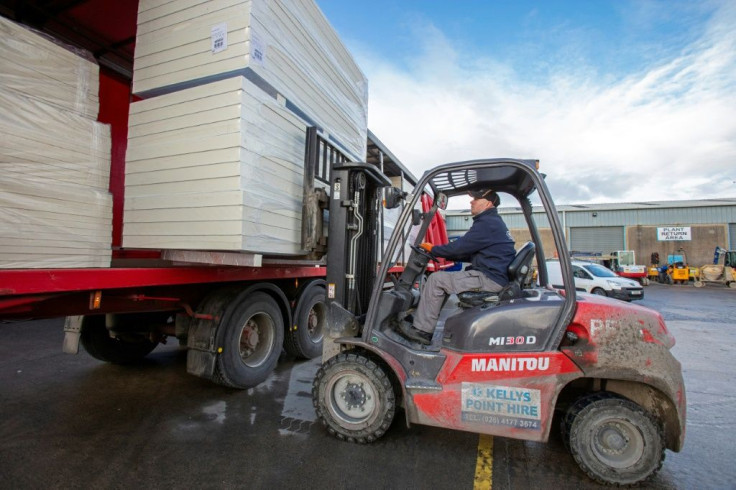
On August 27, 1979, two Irish Republican Army bombs killed 18 British soldiers at "Narrow Water", which marks the border -- the deadliest attack on troops in the conflict.
Outside the town, the spot remains marked by a rank of well-tended poppy wreaths.
"Northern Ireland has been in the eye of the Brexit storm since the very start," explained Jane Morrice, the former head of the EU commission in Northern Ireland.
Morrice -- also an architect of the 1998 "Good Friday" peace agreement -- said "there was not an understanding among the majority in Great Britain (England, Scotland and Wales) of the impact the border would have on these discussions".
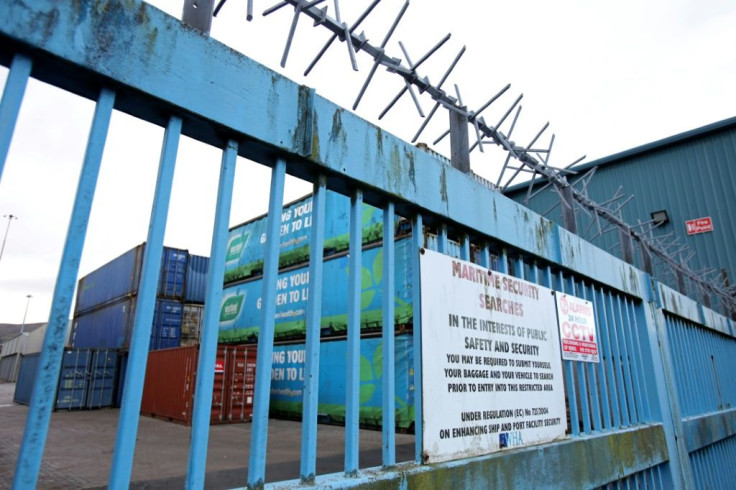
Eventually, a deal was sealed for the UK and the EU to split, keeping the border open by aligning Northern Ireland to the bloc's single market and customs union.
The dark prospect of a hard Irish border has been avoided but for Warrenpoint, the changes will still be dramatic.
Warrenpoint's port -- the second busiest in the region -- will soon be a de facto EU-UK border as checks which would have been needed at the Irish border take place here instead.
At the town-centre office of freight forwarding firm Trans Europe Express, there is a steady roar of passing lorries loaded with shipping containers.
Sales worker Ryan McGovern fears that roar may dim after January 1.
"My father... set up the business in 1990 and one of the main motivations for him doing that was the fact that customs borders were being taken away," he said.
"Unfortunately now with Brexit, we're seeing a return to those customs checks."
Although the "Northern Ireland protocol" was sealed in October 2019, throughout 2020 there has been little clarity over how it would work.
But last week, Brussels and London secured a deal to manage arrangements, hoping to smooth the end of the transition period.
The mini-pact gives food importers a three-month grace period before checks on agricultural food are required and mostly removes the prospect of tariffs on goods arriving for use in Northern Ireland.
With UK and EU negotiators locked in last-gasp talks to determine a wider future trading relationship, the accord provides a quantum of certainty to Northern Ireland's future.
But in Warrenpoint -- weary after four years of brinkmanship -- business leaders still feel ill-prepared for January 1.
"The advice so far that I've been getting in emails from the business secretary has been, 'Get ready'," complained accountant Adrian Markey.
"But there's not very much more substance to that advice. What are we getting ready for?"




















